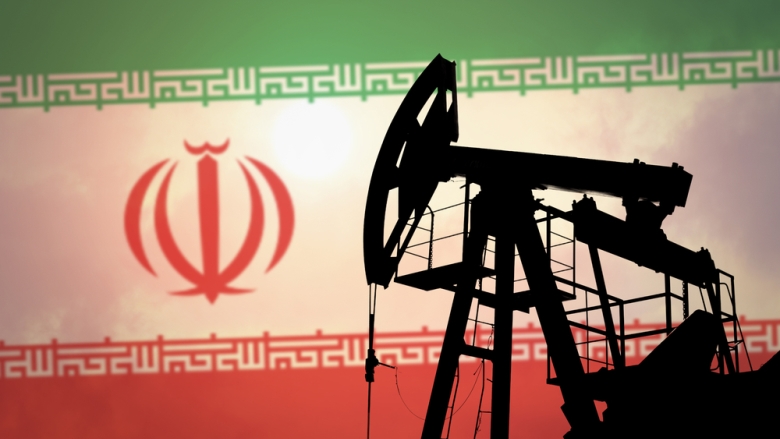Iran’s agreement to decelerate its nuclear program should bring most US and European sanctions against the country to an end. What will this mean for the global economy? And for Iran itself?
The World Bank’s Chief Economist for the Middle East and North Africa, Shanta Devarajan, explains:
Q. What economic impact will the lifting of sanctions have on Iran?
A. The main effect will be the increase in Iran’s oil exports, which had declined by about 1 million barrels a day following the tightening of EU sanctions in 2012. We expect it will take about a year for Iran to get its exports back to pre-2012 levels. Even in the short run, Iran could start selling the 30-40 million barrels of crude oil and condensate that it has stockpiled in the Persian Gulf. This will give a boost to the Iranian economy, which was in recession in 2012/13, and is only slowly recovering. We expect growth next year to be about 5%, significantly higher than this year’s 3% and the negative growth of the previous two years.
In addition, the lifting of sanctions will lower Iran’s trade costs (one of the sanctions was an embargo on firms that provided insurance and credit to Iranian firms), increasing its oil and non-oil trade. We estimate that, eventually, Iran’s trade will increase by about US$17 billion, which is about 3.5% of its GDP. The automotive and pharmaceutical companies could get a significant boost as both had recently suffered from being unable to import parts and machinery.
Finally, with the oil sector expanding, we expect that foreign direct investment in Iran will increase to around US$3 billion a year, which is double the current rate but still lower than its peak in 2003.
Q. What impact may it have on Iranian society?
A. We have not done a full analysis on the impact on Iranian society. But some of our analysis indicates that, during the sanctions era, female unemployment rates increased and labor force participation fell. The lifting of sanctions may reverse this trend, since the additional foreign currency in the market will typically give a boost to the services sectors, which tends to hire more females (because of a better match with their skills and preferences). However, the foreign-exchange windfall needs to be managed carefully so that it leads to sustained employment growth in Iran.
Q. And what impact will it have on the Middle East region as a whole?
A. The addition of a million barrels a day of Iranian oil will, assuming no strategic response by other oil producers, have the effect of lowering the world oil price by 14%, or US$10 a barrel. In turn, this will lower the export earnings and fiscal revenues of the region’s oil exporters, such as the GCC and Libya, while benefiting the region’s oil importers, such as Egypt and Tunisia.
Q. A drop of US$10 a barrel is a huge drop in the global oil price: why would it be so sharp?
A. The world’s demand for oil is quite inelastic, which is usually interpreted as a large increase in price having only a mild effect on demand. But this same inelastic demand means that a small change in supply has a big effect on the price. As pharmaceutical industries use oil as a raw material, countries such as the US, UK and Israel would profit from cheap oil.
Q. You mention the risk of a strategic response from other key oil exporters to Iran’s return to the international oil market. What are they likely to do?
We assume no strategic response in our simulations of the impact of an increase in Iranian oil exports on world prices. This is realistic since very few oil exporters can vary their production in the short run. And the few that can, such as Saudi Arabia, chose not to do so earlier this year when the price of oil fell by about 50%.

